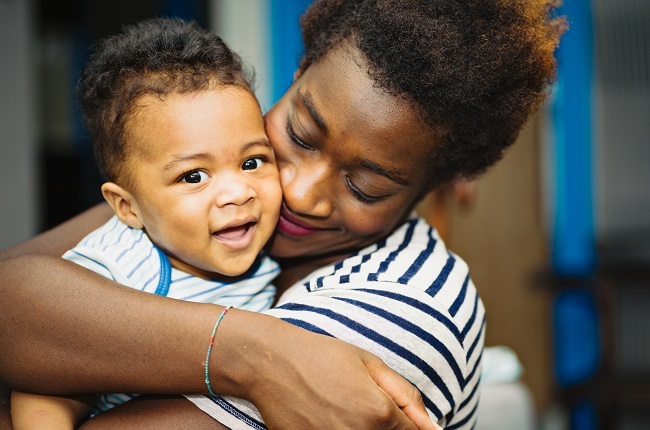
Early hearing detection and intervention is the gold standard for any practising audiologist and families of infants and children with hearing impairment.
Early hearing detection and intervention programmes aim to identify, diagnose and take action early in a child's life. The ideal sequence of events is screening by six weeks of age, diagnosis by four months of age and commencement of intervention by eight months of age.
This offers a much better chance of helping children develop and achieve at the same level as their hearing peers.
Research has shown that there are significant benefits to early hearing detection and intervention for children. But in most African countries, getting this done remains a major challenge.
Preventive strategies are the best methods of managing hearing impairment. In South Africa, between 3-6 in every 1000 babies are born with hearing impairment. The highest numbers are recorded in the public healthcare sector.
Unidentified or late identified hearing impairment has significant implications for a child's speech-language, cognitive, and scholastic development. It also has negative consequences for the deaf child's vocational abilities.
This has further implications for the family and the state in terms of psychosocial support required.
Over the past 15 years, I have researched preventive audiology within the African context. My work has shown the value of providing contextually relevant services and responsive to individual patients' needs. In particular, I've identified a knowledge gap that is relevant in the African context.
In our recent book "Early Detection and Intervention in Audiology: An African Perspective", my colleagues and I provide evidence on early hearing detection and intervention in Africa. It includes recommendations for how to achieve this in low and middle-income countries such as South Africa.
Read: Ear infection in children
There are gaps in the implementation of early hearing detection and intervention in South Africa. The country has no standardised hearing screening protocol, and there are challenges around budget allocation for early hearing detection and intervention.
While there has been some recent progress, major gaps still exist between the public and the private healthcare sectors.
Limited resources mean that hearing impairment is often missed or diagnosed at a later stage. And the policies and guidelines that do exist are not translated into practice.
Also read: 'Help me hear my loved ones': Single mom raising funds for her miracle son
The gaps
There has been limited success in the South African context with the implementation of early hearing detection and intervention programmes. There are several reasons for this.
First, universal newborn hearing screening is not mandated, and therefore not done as a standard practice. Second, hearing impairment is identified late, and interventions are often not ideal because of resource constraints.
These include limited numbers of audiologists to the numbers of patients requiring the care, limited access to resources such as amplification devices, and limited schools that cater for children with hearing impairment.
Third, a lack of awareness among the general public and healthcare providers working with neonates and infants about the value of early hearing detection and intervention.
What needs to be done
During my research, I have identified the steps that can be taken to fixing these problems towards achieving early hearing detection and intervention success in South Africa:
1. Conversations are under way with the national Department of Health to make universal newborn hearing screening mandatory in the public sector. Until this is achieved, healthcare workers such as paediatricians and paediatric nurses need to refer all newborns and infants to audiologists for hearing screening as early as possible.
2. Parents of newborns should insist on having their baby’s hearing screened by the first postnatal follow-up clinic visit.
3.![]() Audiologists need to be strategic in how this can be achieved for the country, including deliberations around task-shifting certain aspects of early hearing detection and intervention such as hearing screening to increase access with audiologists' limited numbers.
Audiologists need to be strategic in how this can be achieved for the country, including deliberations around task-shifting certain aspects of early hearing detection and intervention such as hearing screening to increase access with audiologists' limited numbers.
This article is republished from The Conversation under a Creative Commons license.
Read the original article.
Chatback:
Share your stories and questions with us via email at chatback@parent24.com. Anonymous contributions are welcome.
Don't miss a story!
For a weekly wrap of our latest parenting news and advice sign up to our free Friday Parent24 newsletter.




 Publications
Publications
 Partners
Partners











